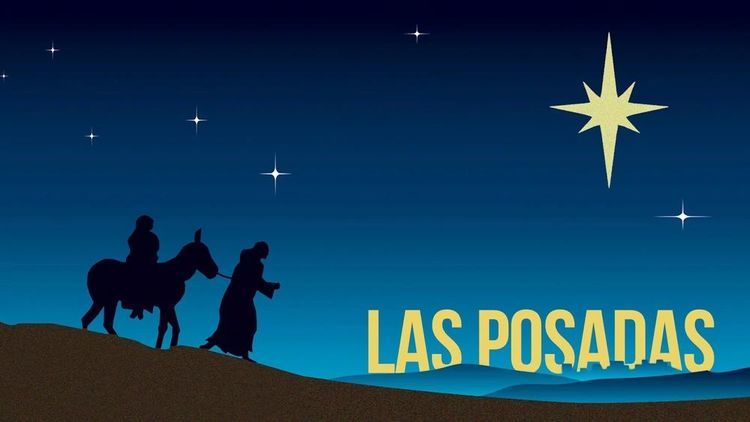
By Joe Guzzardi
04/09/2009
During the past several weeks as I've been driving around my Pittsburgh, Pennsylvania neighborhood, I've noticed signs for the St. Alphonsus Church fish fry held every Friday evening during Lent.
You know how those things go — start to read promotions for fried fish dinners and in no time fish, chips and clam chowder is all you can think about.
So I went last week. And as it happened, the evening turned into another step in my journey back to America.
Regular readers know that in July 2008, I left my native California to avoid being present when the state collapses completely and utterly under the societal and financial burden of over-immigration.
I barely made it out of Dodge in time. Since my departure, California unemployment has risen to 10.5 percent, the multi-billion dollar budget deficit grows daily and the state’s leaders are too paralyzed by political correctness to identify the most obvious problem — immigration — and take the necessary punitive steps to stem the tide.
Thank goodness for the fish fry that confirmed the wisdom of my decision to abandon California.
The dinner was a page from my past. Although the patrons represented a mixed group, it was an American version of diversity — and not diversity California-style.
The crowd consisted of Italians, Polish, Slavs, Asians, Germans and Greeks, all working class Catholics who spoke only English.
In fact, the English-speaking assemblage prompted me to wonder when I last heard Spanish. As impossible for me to believe as it is, I've not heard it since I left California
Since the dinner took place in St. Alphonsus' cafeteria, the evening took me back to my Easters of long ago when I was a devout Roman Catholic altar boy living in Los Angeles. Although I am no longer a practicing Catholic, my memories of Holy Week from fifty years back remain vivid.
Ironically, my childhood Easters had a strong Mexican connection.
Like most Catholic families, our celebration began on Palm Sunday. And from Holy Thursday, the first day of the Triduum and often referred to as Maundy Thursday, through Easter Sunday, we spent many hours in Church commemorating Christ’s passion.
On Good Friday, from 12 Noon to 3:00 P.M., we mourned Christ’s sacrifice wherein he assumed the sins of the world handed down to Him from God the Father.
Saturday, however, was different. Since Holy Saturday is a sacred but not a Holy Day of Obligation, we took it off — so to speak — to drive downtown to Olvera Street where the annual Blessing of the Animals took place.
On Olvera Street, Mexicans have been celebrating Sabado de Gloria for decades by sprinkling holy water on each animal as its owners walk it along. Appearing in the animal parade over the years have been cats, dogs, snakes, pigs, sheep, goats, donkeys, horses, opossums, hamsters, birds, monkeys, llamas, camels, chickens and peacocks.
For my younger sisters and me, after days of solemn prayer, the hours we spent on Olvera Street was like going to the circus.
But everything has changed since the mid-1950s. As much as I still love animals and enjoy a fun time, I doubt if I would venture to Olvera Street today.
Gone are the large and diverse non-Hispanic populations. Boyle Heights was heavily Serbian, Jewish, and Japanese, and Lincoln Heights was mostly Italian.
When most of those demographic groups left for the suburbs, Mexicans seized the opportunity to move into the East Los Angeles’s low cost housing. By 1960, with the exception of a small but distinct Filipino population in areas such as Eagle Rock, Glassell Park and Atwater Village, Mexicans dominated the region.
In fact, "greater" East Los Angeles has expanded — if not geographically then culturally. While many anchor baby Hispanics still live in Montebello, Whittier and Pico Rivera, since the 1970s many have moved into Compton, Lynwood, and Watts that previously had been heavily African American.
In the name of "embracing diversity," they are widely celebrated on public streets as well as in parks and schools: President Benito Juarez Day, Cesar Chavez, Cinco de Mayo, Los Pobladores, Mexican Independence Day, Virgen de Guadalupe, Las Posadas, Los Tres Reyes Magos and the all-encompassing Hispanic Heritage Month.
One is left to wonder if Californians rejoice on Easter Sunday or on la Pascua de Resurrección.
In Pittsburgh though, we still happily celebrate Easter. And on Good Friday St. Alphonsus will host its last fish fry.
Naturally, I'll be going — for more reasons that just to eat fish.
Whenever I write about my abandonment of the Roman Catholicism, the faithful among you encourage me to return to the flock.
I like to think that my mind remains open to that possibility. For me, being on Church grounds is a big step in that direction.
Although I no longer go to Church, I've never given up praying. I pray for my family, friends and country, imperiled today more than at any time in its history.
But I’m trying to decide if my prayers are heard more clearly from a Church pew during Mass than they are from my bed late at night.
Knowing the answer to my question would play a big part in my ongoing, unresolved internal debate about my faith.
To all VDARE.COM readers, I wish you a Happy and Joyous Easter.
Joe Guzzardi is a California native who recently fled the state because of over-immigration, over-population and a rapidly deteriorating quality of life. He has moved to Pittsburgh, PA where the air is clean and the growth rate stable. A long-time instructor in English at the Lodi Adult School, Guzzardi has been writing a weekly column since 1988. It currently appears in the Lodi News-Sentinel.
This is a content archive of VDARE.com, which Letitia James forced off of the Internet using lawfare.